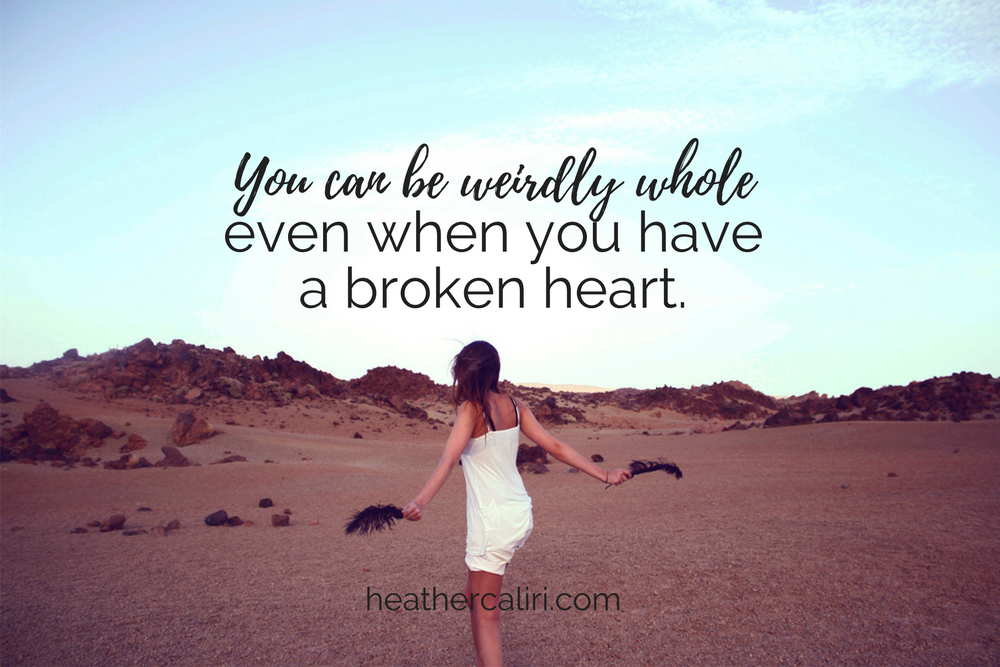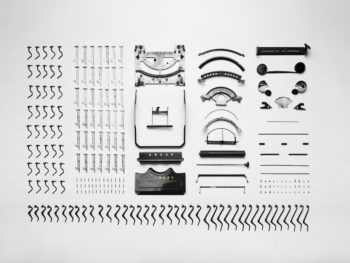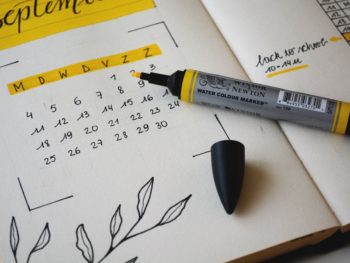
I’m acquainted with two families right now with bad marriages.
What makes me ache is that (at least from my very outside, limited perspective), I don’t think there’s a villain in either situation. I see four lovely people who love God and want to love each other well; thoughtful, awesome people who happen to be in marriages making everyone involved unhappy.
One of the people told me counseling wouldn’t help.
I’ve heard secondhand that someone in the other couple believes the same thing.
And part of me wants to pull my hair out because how do you know and your life is at stake and even if it doesn’t save your marriage at least you’d have done something.
And then, working on my memoir, I wrote this line: hope always hurts more than resignation.
Hope hurts. Doing something hurts. When you start changing the terms and rhythms and assumptions of any relationship, you:
- Use up a ton of energy doing something new.
- Risk upsetting the other person more than you normally do.
- Move into scary, unknown (though perhaps healthier) territory.
- Open yourself up to disappointment.
You have to hope.
You have to be vulnerable again.
It’s so much easier to be resigned, to be bitter, to give up. It’s infinitely easier.
Having spent most of my adult life running away from that kind of vulnerability and change, I can’t really blame these dear people for shying away from the risk.
I get it. I really do.
Why risk any change if you’re sure the other person won’t respond? If they’ve proved, over and over and over, that they will not budge? And especially if you can’t undo past events, personality traits, or limitations that caused the bitterness in the first place?
For the longest time, this is why I stayed resigned in my hardest relationships. The situation was generally untenable, but it was foolhardy to believe it could get better. I’d tried every avenue, every strategy. The situation wasn’t going to change.
As Walter Brueggemann puts it: “We do not believe that there will be newness but only that there will be merely a moving of the pieces into new patterns.”
So why bother? Why expend the energy to hope if hope hurts like heck?
Why hope is worth it
Hope is worth it because hope is a game-changer.
Imagine a chess match that has gone on for ten years. Everyone has lost interest in the game itself, but because of a stalemate, no person can win or even end the game.
But a real, hopeful, healthy action gives your chess pieces wings.
Suddenly, the game isn’t two-dimensional. Suddenly, your pieces no longer obey strict patterns. They can move up, down, or dance in the air above the board. It’s not against the rules—it’s completely outside of the rules. The rules no longer have meaning because they depended on everyone’s feet staying on the ground.
Here are some of the healthy, hopeful actions I’ve taken in relationships:
- Getting therapy.
- Getting my anger under control so I behave respectfully.
- Saying no when the person expected me to do something that made me feel unsafe, bitter, or angry.
- No longer involving myself in that person’s relationships with other people, whether to fix, counsel, or gossip.
- Asking forthrightly for what I needed.
- Being honest about how that person had hurt me.
- Listening to how I had hurt that person and apologizing.
- Learning how to reflect back what the person said to me during disagreements so I made sure I understood them.
- Accepting that the person would not change, and drawing boundaries based on that reality.
- Being honest with them about my anger while still being respectful.
- Forgiving them for their shortcomings.
And the biggest one:
- Promising myself I would act with dignity, self-respect, and love—regardless of how the other person responded.
That last one is key, and it’s why hope is worth it. If you know you’ve acted with dignity and love, then you are at peace with yourself.
You are whole, no matter what.
There are marriages that won’t survive healthy conversations, spouses who are abusive or dishonest. But if you’ve acted in love and bravery, you can still look yourself in the eye.
There are family ties so unhealthy it’s best to keep that person at arm’s length. But you can always act in a way that honors the other person, whether or not you remain close to them.
There are friendships that end. But you can always make choices to believe the best of the other person’s motives, and become distant without rancor.
You can have integrity in the midst of any relationship, no matter how dysfunctional it is.
You can be weirdly whole even when you have a broken heart.
Hope and healthy change give us wings of love, dignity, and self-respect in every moment. Hopeful love absolutely transforms our lives.
Hopeful love doesn’t depend on the other person involved at all. That’s why it’s so powerful. If you act with integrity, wisdom, and love, abusive and unhealthy people lose their power over you.
They lose their power even as you finally begin to love them well.
This is why seeing people in stalemates makes me so sad. Because even if it’s true that counseling, conversation or effort might not bring complete reconciliation, that’s really beside the point.
Why not get the wholeness you do have control over? Why not seek the peace that is available?
Yes, hope is risky—and it hurts.
But we feel pain because we start coming alive again. And the pain—the pain of rejection, of a relationship ending or changing irrevocably, the grief of separation and loss—all of that eventually ends.
Whereas a stalemate—cold, bitter, acid-tongued—never does.
I would choose painful wholeness any day over the hell of bitterness and rancor. Life is too short to stay stuck and numb.
Oh, dear ones, let’s seek the brave risk of engagement over the cold death of staying stuck.
Because wholeness hides in the midst of every broken relationship.













 Empathy Is a Superpower
Empathy Is a Superpower
This is great advice post-election.
Thanks, Anny. I wrote it before the election but I have to keep reminding myself to CHOOSE HOPE AND INTEGRITY when my anger is telling me to be mean. Its, um, hard.
What a profoundly beautiful and PRACTICAL post. Thank you so much!
Thanks, Suzi. I appreciate it!
True and wise. Thank you Heather.
thanks, Debby!
I loved this, but it also left me with more questions than answers…
I’d really love to know your questions, Kathy. I’m hoping to write more about this, and questions would help me figure out how.